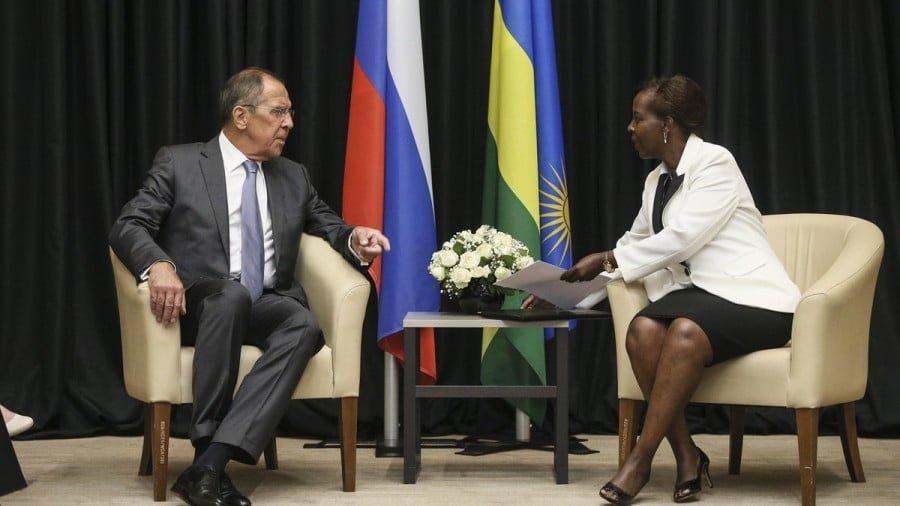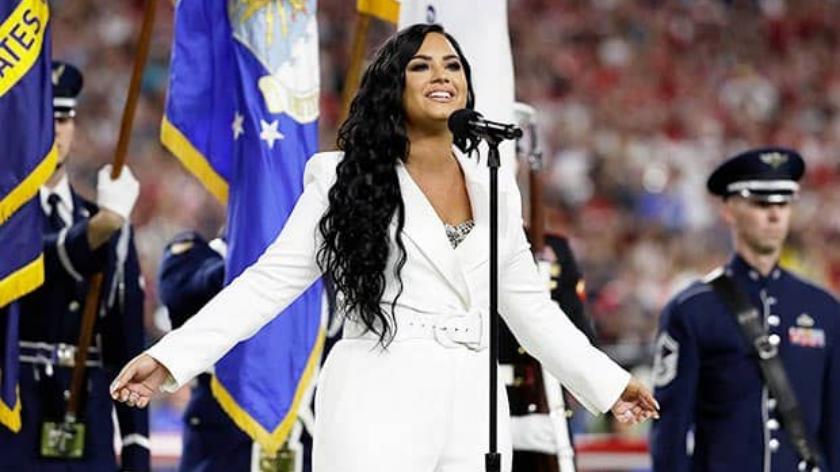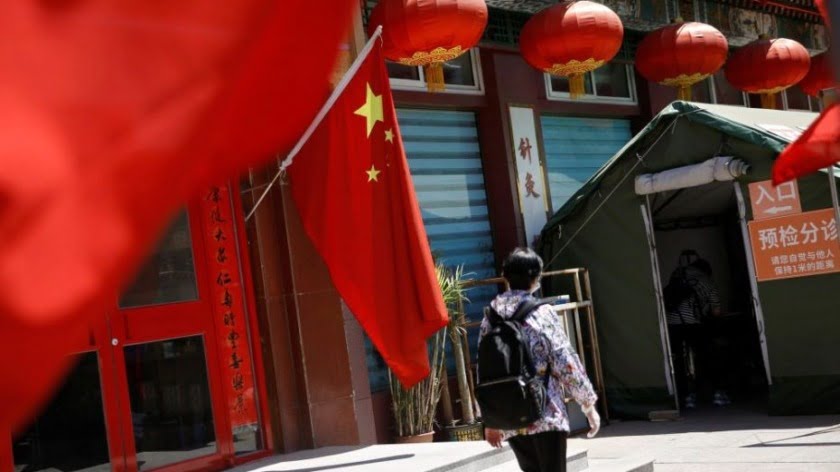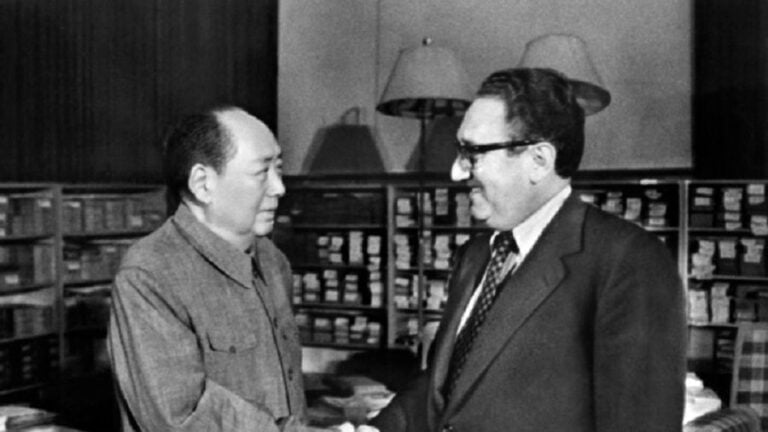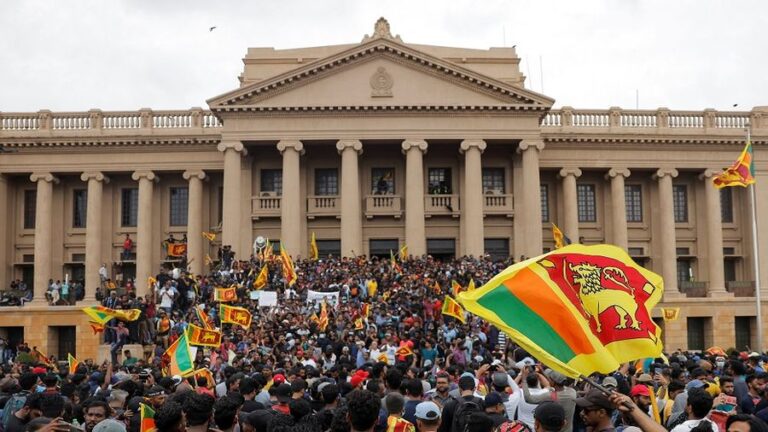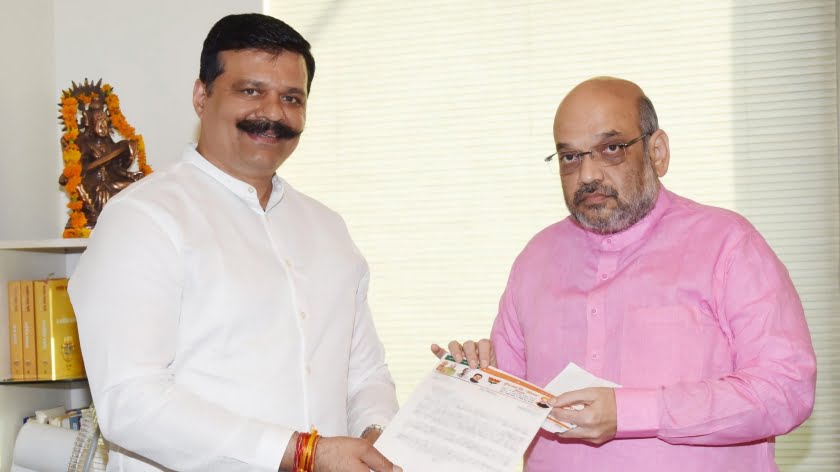Rwanda Is Poised to Play an Irreplaceable Role in Russia’s “Pivot to Africa”
Lavrov’s visit to Rwanda was an astounding success because he discussed future military deals (including over air-defense systems), nuclear energy prospects, and economic cooperation with his counterpart, but there’s more than meets the eye because some crucial context needs to be mentioned about what brought this unlikely pair of countries together in the first place. Russia has been supporting the nearby Central African Republic with arms and military trainers since the end of last year as it struggles to liberate the 80% of its civil war-torn but mineral-rich territory that’s still under the control of various militias, and it’s likely in this capacity that Russian representatives came into contact with some of the nearly 1000 Rwandan troops who form the more than 14,000-strong UN peacekeeping component in the country.
Tiny Rwanda punches well above its weight when it comes to military affairs, as it proved during the two Congo Wars, the first of which saw it conquer the gigantic neighboring country roughly 100x larger than its own size and then install an allied proxy as its leader. The Congo is once again nearing the brink of war and it’s possible that the slow-motion meltdown of the past two years will accelerate into another full-blown collapse, potentially drawing Rwanda back into another Congolese conflict. Kigali already stages occasional raids into the Eastern Congo in order to hunt down Hutu militia leaders that it claims are “terrorists” and were involved in the 1994 genocide, and it’s also reported to still be controlling Tutsi militia in the region as a means of indirectly countering them and maintaining influence there via the mineral trade that they’re said to be involved in.
Russia recognizes the reality that Rwanda is a military superpower in Central Africa and that it would surely play a decisive role in any forthcoming Congo War, which might also be why Lavrov was so eager to visit the country and find out what President Kagame discussed with Macron at the end of last month during a closed-door meeting in Paris that media reports suggested was about the developing Congo Crisis. Russia envisions its 21st-century grand strategic role as being the supreme “balancing” force in Afro-Eurasia, and in this context it’s worthwhile to mention that Moscow and Kinshasa recently revived their 1999 military agreement for Russia to provide the Congo with military training and equipment, so it makes sense why Moscow would have an interest in strengthening its ties with both Kinshasa and Kigali in order to “mediate” any potential problems between them.
Remembering Russia’s newfound role in the Central African Republic, it’s plain to see that the country’s “Pivot to Africa” is aiming right at the continent’s geostrategic Heartland when one factors in its Rwandan and Congolese dimensions. Furthermore, Rwanda, as this year’s chair of the African Union, is where the Continental Free Trade Agreement (CFTA) was signed a few months ago in creating the basis for an EU-like borderless trade area, so it’s also fitting that Lavrov took the occasion during his trip there to announce that Russia and the African Union are drafting a cooperation agreement that will presumably seek to formalize his country’s interests with the bloc vis-à-vis its recent “pivot” to Central Africa. Ultimately, Moscow’s forthcoming moves in Africa will depend to a large extent on what happens in the Congo and how skillfully it can leverage its latest relationships in the Central African region in order to advance a comprehensive continental policy in the New Cold War.

